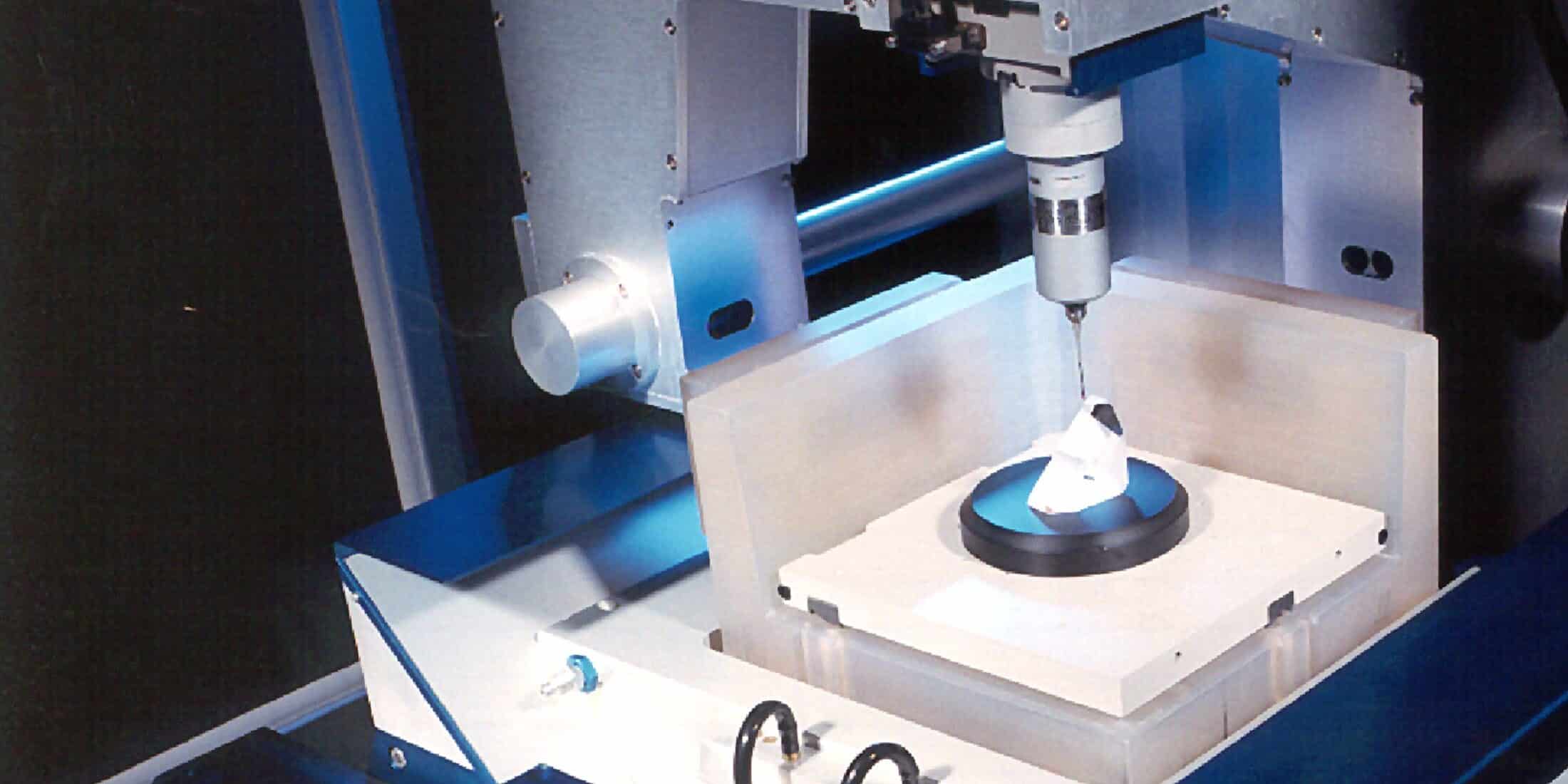Lectures, selected exercises & calculations, workshop.
Since vacuum is unknown in daily life, no reference framework exists for those who are not involved in this technique. To acquire the necessary level of understanding the trainees will be introduced to the basic principles of vacuum technique as well as in the required design principles to achieve ultra-clean vacuum conditions.
Key issue is to become aware of the fact that the whole chain of design, machining, cleaning and the assembly of the components is an integrated process which is as strong as the weakest link in the production chain.
This training is available for open enrollment as well as for in-company sessions.
Objective
During the course the trainees will acquire an understanding of the basic principles of ultra-clean vacuum and its implications for the production of ultra-clean vacuum systems.
Target audience
The course is meant for employees of BSc and higher levels who are responsible for the design of components to be implemented in ultra-clean vacuum systems.
Program
Day 1
- Introduction
- Basic principles
- Interaction of gases with Surfaces (adsorption, desorption)
- Flow of gases (viscous, molecular & intermediate regime)
- Selected exercises
- Dry backing vacuum pumps and molecular pumps
- Total pressure measurement
- Partial pressure measurement (residual gas analysis)
Day 2
Part 1: Vacuum as a engineering aspect
- Vacuum fundamentals
- Pumping speed
- Gas loads
- Materials
- Joining techniques
- Vacuum seals
Part 2: Mechatronic systems in a vacuum environment
- Heat transfer
- Tribology
- Feedtroughs
- Activators
- Dynamics
- Electronics/Sensors
- Adhesives
- Vacuum budgetting
- Tips & tricks
Day 3
- Cases of construction in vacuum
- Cases in design for UCV
Day 4
- Cleaning, work discipline
- Leak testing
- Exercises & seminar on questions students
Methods
Certification
This course is certified by the European society for precision engineering & nanotechnology (euspen) and the Dutch Society for Precision Engineering (DSPE) and leads to the ECP2-certificate.


More information
Remarks from participants





